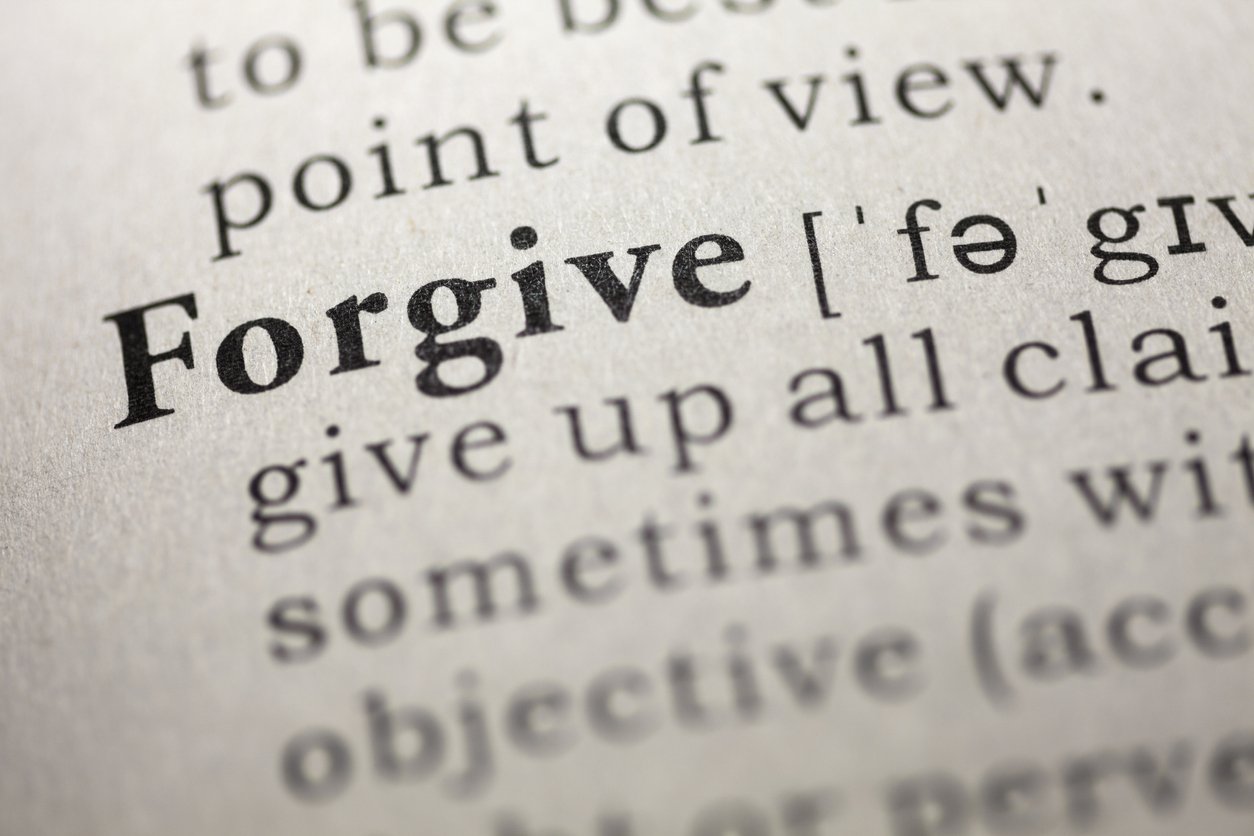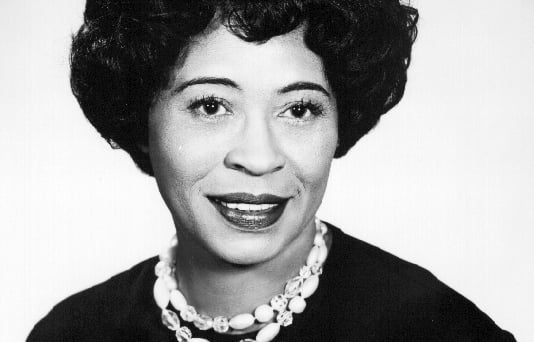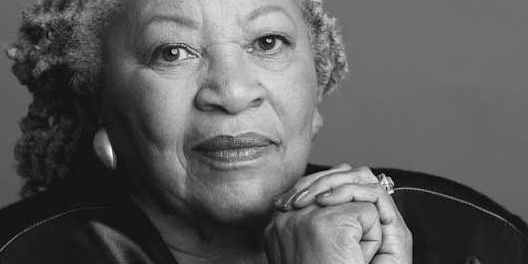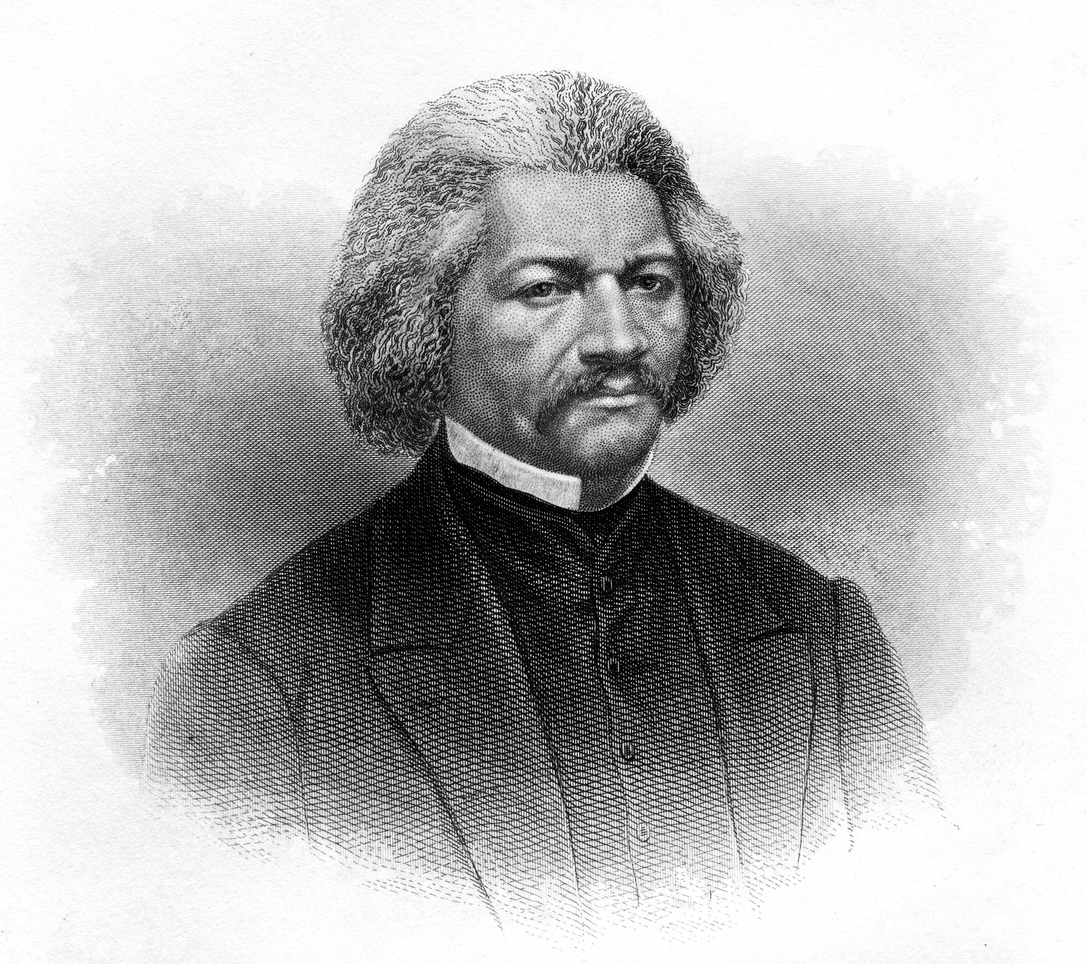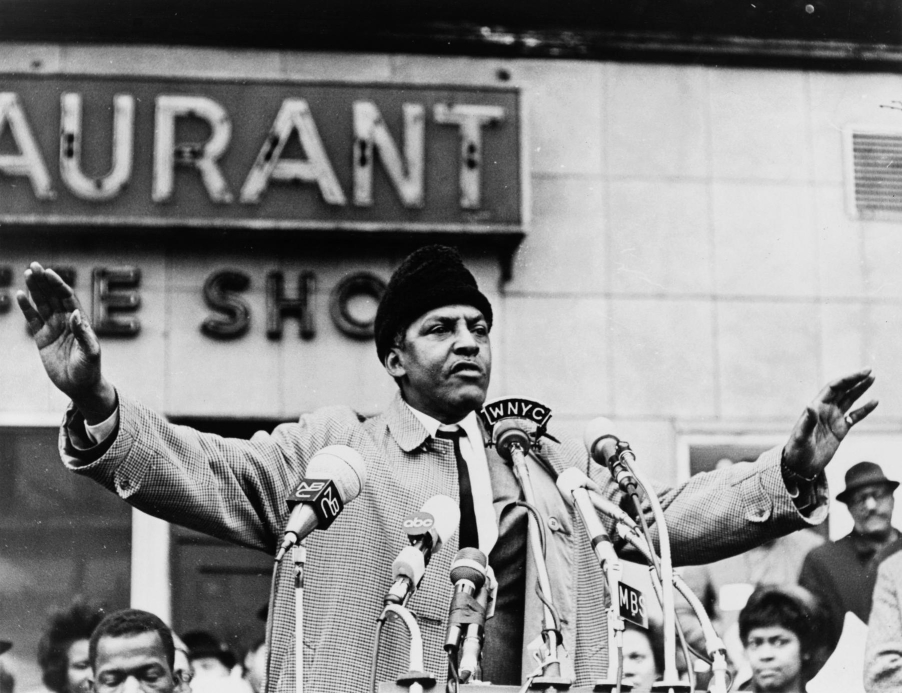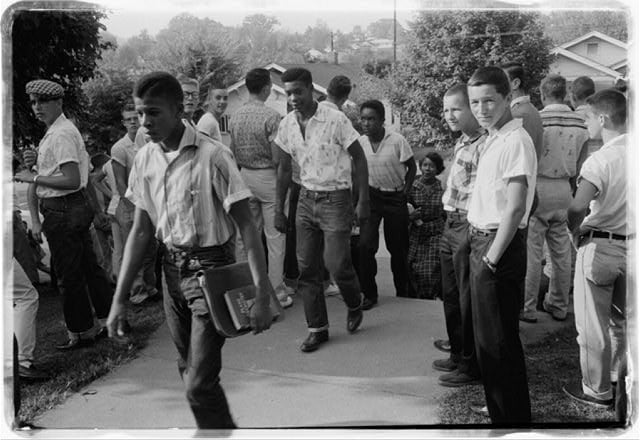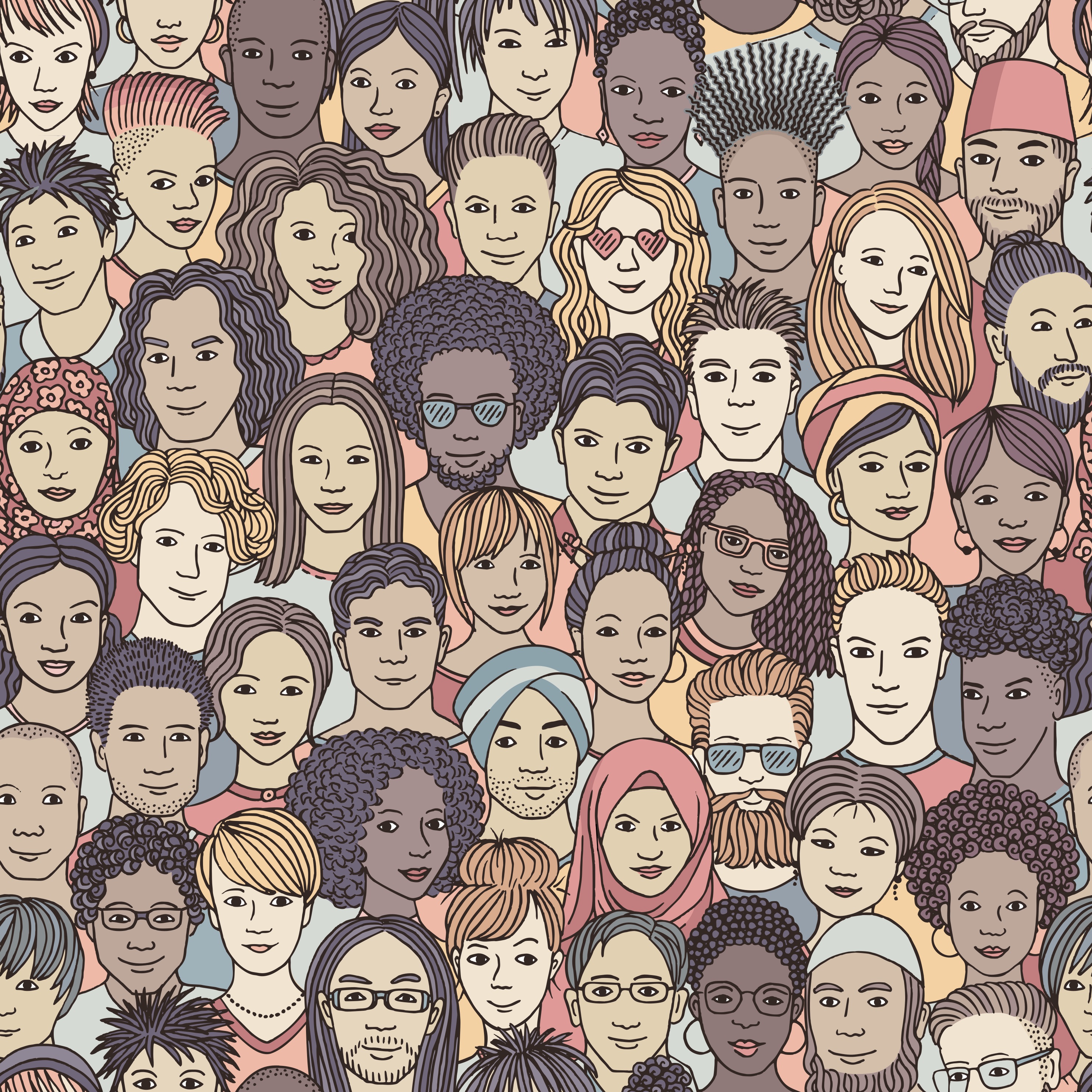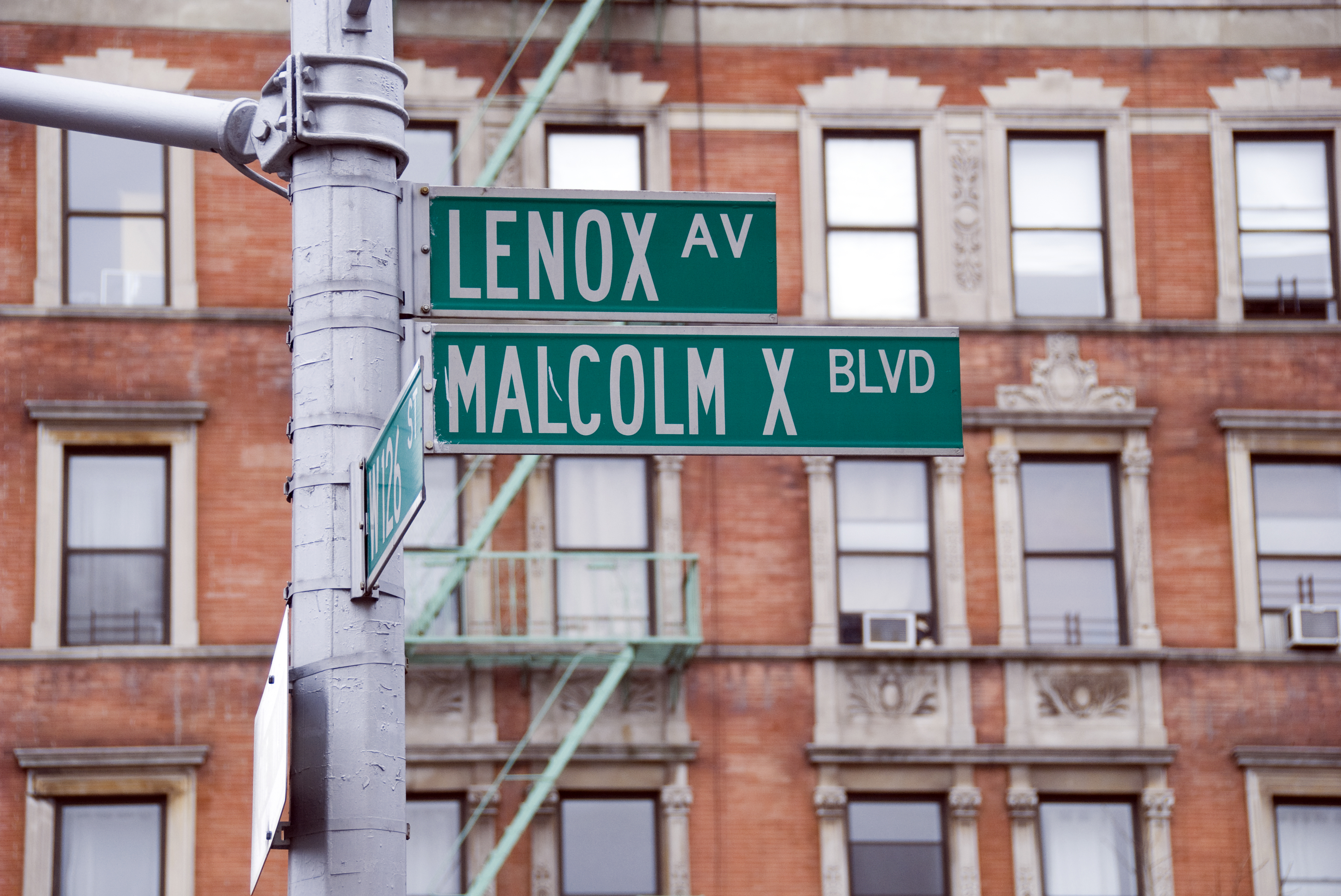The news cycles of the last few years have captured countless instances of racist violence perpetrated by white people against black people—a continuation of a long history of antiblack violence in the United States. And amid this legacy of violence, a number of black figures have done the unimaginable: they have publicly expressed forgiveness to avowedly racist white people who murdered their relatives and community members.
Remembering Daisy Bates: Orator at the March on Washington
Posted by Kaitlin Smith on August 28, 2019
Today marks the 56th anniversary of the March on Washington—the historic 1963 protest in which as many as 500,000 people marched to demand jobs and freedom for Americans of all racial backgrounds. Though many of us remember this as the day that Dr. Martin Luther King, Jr. delivered his iconic “I Have a Dream” speech, it is easy to forget that he was not the only civil rights leader to address the crowd. One of the leaders who joined him was movement veteran Daisy Bates—the only woman permitted to speak, though not in her own words.
Topics: American History, Black History
On August 5th in New York City, legendary writer, editor, and educator Toni Morrison died. As countless figures around the country reflect upon her legacy, we find an opportunity to consider her impact on American culture and the responsibilities of educators everywhere.
Topics: Teaching, Race and Membership, Literature, Black History
In Frederick Douglass’ landmark 1852 speech, “What to the Slave is the Fourth of July?,” he exposed the hypocrisy at the heart of American democracy in the antebellum period. Douglass addressed descendants of white American colonists in Rochester, New York—colonists who had declared independence from the oppression of British rule only to construct a new world predicated on the enslavement of other human beings. He galvanized the audience to examine these contradictions in the wake of a legal decision that would seal the fates of many thousands of enslaved Africans for over a decade.
Topics: Reconstruction, American History, Black History
Brother Outsider: Remembering Gay Civil Rights Leader Bayard Rustin
Posted by Kaitlin Smith on June 17, 2019
LGBTQ Pride Month every June is an opportunity to explore and amplify the stories of LGBTQ people past and present. But even during Pride Month, we seldom hear stories of LGBTQ people of color. Described as the “unknown hero” of the Civil Rights Movement, Bayard Rustin was the openly gay African American civil rights activist who served as the chief organizer of the historic March on Washington.
Topics: Civil Rights Movement, LGBTQ, Black History
6 Resources That Look at the History and Legacy of Brown v. Board of Education
Posted by Kaitlin Smith on May 3, 2019
Nearly 65 years ago, the U.S. Supreme Court ruled unanimously in Brown v. Board of Education that separate schools for black and white children were not and could never be equal. As we navigate continuing threats to educational equity in the present, we invite you to learn more about the history of Brown and its legacy through these six resources.
Topics: Civil Rights Movement, Civil Rights, Black History
A governor is revealed to have dressed up in blackface (at least once); an attorney general is shown to have done it, too; a senator is exposed as having edited a yearbook full of racist images and language; a team at Gucci apologizes for creating a balaclava sweater that evokes blackface.
Topics: Reconstruction, Race and Membership, Black History
As educators concerned about social justice, we know that black history ought to be central to any American history curriculum if we are to deliver the unadulterated truth of our nation’s past. But who defines black history and with what consequences?
Topics: Black History

